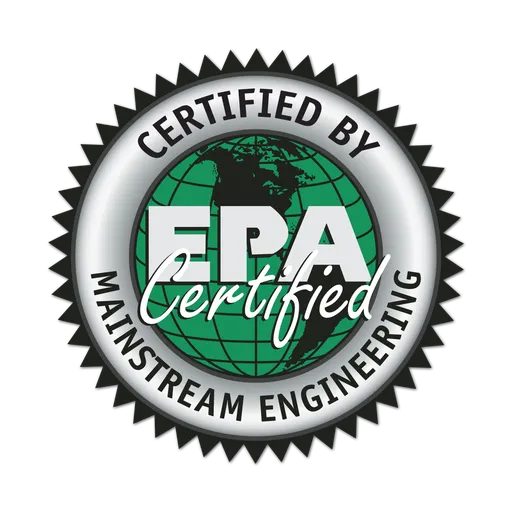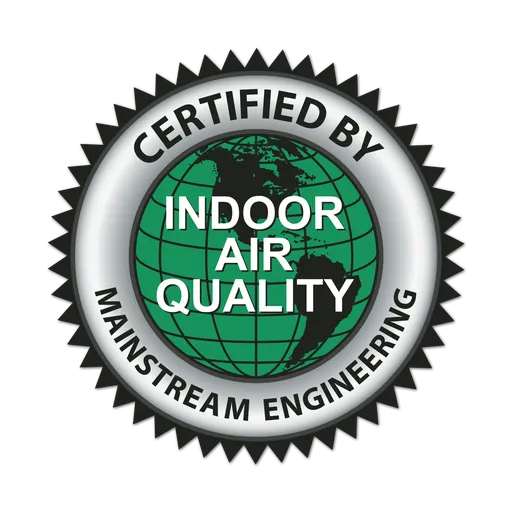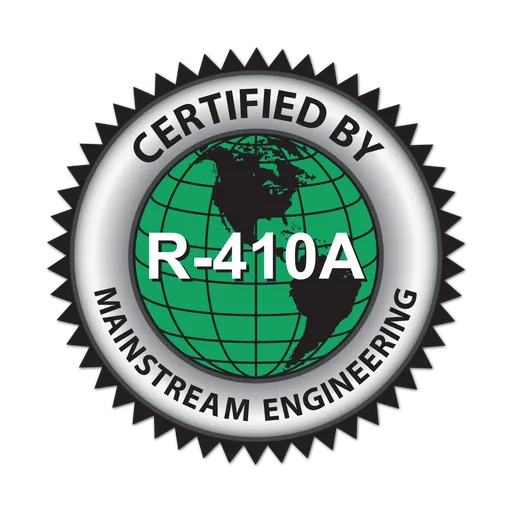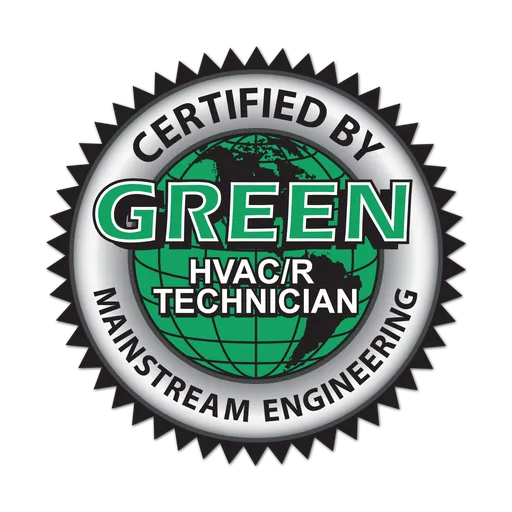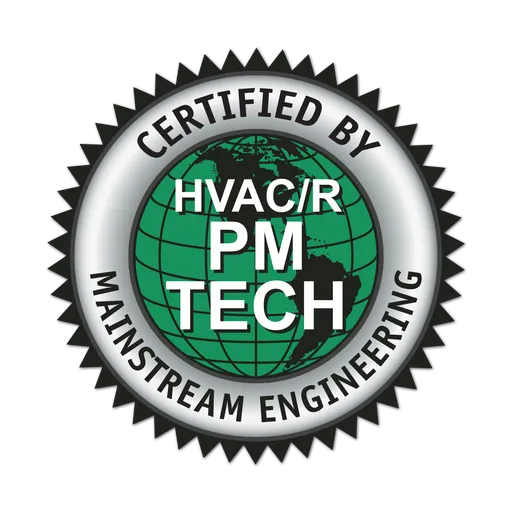Does the Summer Heat Hurt My AC?
It’s true that on hot days your air conditioner may work a little harder. You may hear it chugging along like the little engine that could once the first major summer heat wave rolls in. Just like people, it could seem a bit sluggish on a 90-degree day – and add the bonus of humidity, and your AC unit may seem like it needs almost as much relief as you do. So, before the temps get too high, here’s the lowdown on how hot days affect your AC unit.
The Heat
Because an air conditioner is basically a heat exchange, it has to deal with air in two environments. First, by transferring hot air from inside the house to the outside air, and secondly, by conditioning the outside air to be cooler inside the house. On hot days that means your AC needs to work doubly hard. Not only is there more heat coming into the home, which it needs to remove, but also the air outdoors is hotter, which makes it harder for your AC unit to reject the heat.
Think of it as the dance of equilibrium. It’s easier to work together when the two environments are tangoing comfortably around the same temperature (that’s when you don’t need your AC). But when the heat is on, it’s much harder to make the indoor environment cooler than the outdoors. One environment wants to do a cool swing dance and the other is doing a steamy salsa – so your AC has to work that much harder to find the same rhythm. And the bigger the difference, the harder it needs to work.
The Humidity
Not only does heat affect how your AC performs on a hot summer day, but humidity plays a major role, too. An excessive humidity level means your AC will be working harder to get rid of that damp, clammy air. And if your AC unit doesn’t have the cooling capacity to handle it, you will feel the results on your skin.
The Equipment
Don’t worry about wear and tear on the unit in hot weather. It’s made to take it, as long as it is well maintained and operating at peak performance.
Dirty condenser coils combined with hot weather – that’s when you get your wear and tear. The internal operating pressures and temperatures in those conditions far exceed normal operating limits. If the unit operates like that for an extended period of time, the oil will overheat. Burnt oil is a poor lubricant and it’s acidic, so a snowball effect ensues, and the compressor ultimately fails.
**Remember, if you are in the market to buy a new AC unit, pick one that suits the size of your home. Bigger is not better – picking the proper size is most effective. If it’s too big it won’t remove moisture from the air as effectively, because it won’t need to run as much, giving it less time to dehumidify your home.
Call Enviro Air today in inquire about our maintenance plan!




